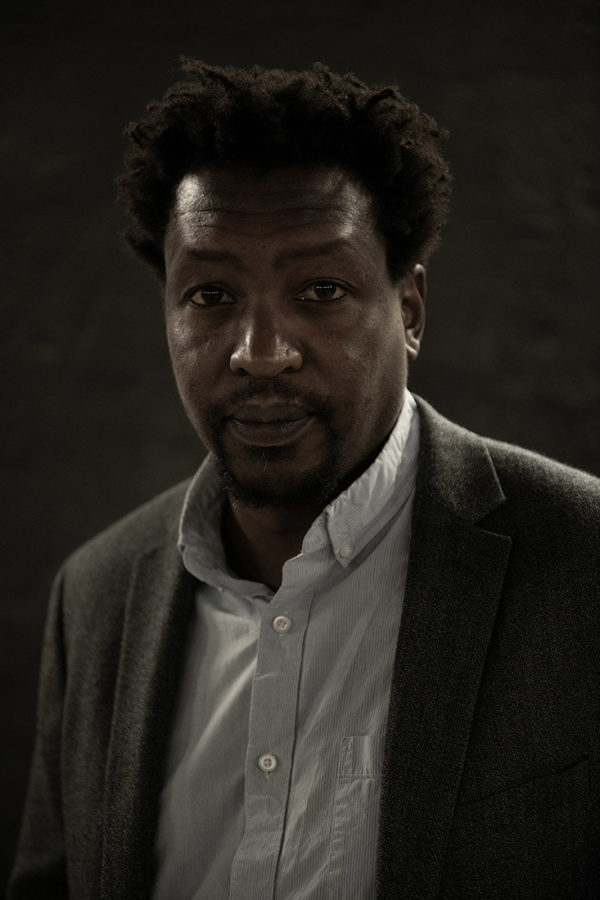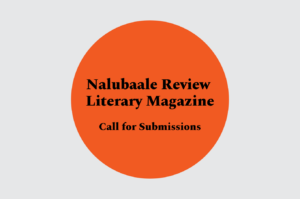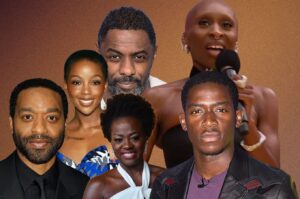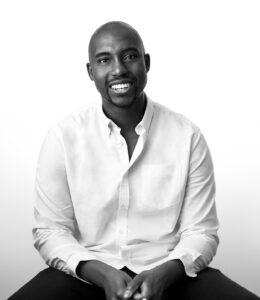
Mukoma wa Ngugi is one of our clearest thinkers. His new book, The Rise of the African Novel: Politics of Language, Identity and Ownership (University of Michigan Press, 2018), an exploration of foundational developments on the African literary scene, tackles essential questions of African literary traditions and generations. In a new interview with Quartz, he talks about masculinity and its problems, his identity as a feminist, the need for more men to be aware of gender inequality and varying gender experiences, and the interconnectedness of political, social, and economic struggles.
The professor of English at Cornell University also listed books he believes can help men understand gender inequality better: Women, Race, and Class by Angela Davis; Woman at Point Zero by Nawal El Saadawi; Kindred by Octavia Bulter; Sister Outsider by Audre Lorde; Assata: An Autobiography by Assata Shakur; This Bridge Called My Back: Writings by Radical Women of Color edited by Gloria E. Anzaldúa and Cherríe L. Moraga; and essays: “The Women’s Liberation and Gay Liberation Movements” by Huey P. Newton, “Sexual Assault: When You’re on the Margins: Can We All Say #MeToo?” by Collier Meyerson, and “The Emancipation of Women” by Thomas Sankara. He further recommends Minna Salami’s blog Ms Afropolitan and her forthcoming book, Sensuous Knowledge: A Radical Black Feminist Approach For Everyone.
Here is an excerpt from the interview.
3. What do you do on a daily basis to advance gender equality?
As a scholar and writer, I have made a conscious choice to make sure that feminist thought runs throughout my teaching, writing and scholarly work. I teach a course, “Race, Class, Gender and Violence in the Enlightenment,” in which we look at the Enlightenment as a contradiction—on the one hand it makes the French Revolution possible, but at the same time gives racism and sexism philosophical cover. Last semester I co-taught a course on African women writers. In my latest work, The Rise of the African Novel, I show the through-line from early South African writers in the late 19th century to contemporary writers like NoViolet Bulawayo. And in my novels, say Nairobi Heat, women for better or worse are at the center. Muddy in the detective novel Nairobi Heat is a former Rwanda guerrilla war fighter turned spoken-word artist turned co-detective. In Mrs. Shaw, the women are co-main characters. Like Muddy, Melissa, a Puerto Rican radical nationalist, is an artist, a painter.
But I would like to add that I do not think it is enough to include women as feminists in my teaching and writing. It is important to show they are multifaceted. For example, Mary Wollstonecraft, best known for the Vindication of Women’s Rights, also wrote A Vindication of the Rights of Men on the French Revolution and was anti-slavery, an abolitionist (in a sense a practicing intersectionalism albeit also flawed). Or today Angela Davis, whose seminal work, Women, Race, and Class, is a critique of white feminism, racism, and capitalism, but she also works on abolishing the prison-industrial complex, class oppression, and unjust American foreign policies.
6. What is your biggest anxiety about being a man?
That in some ways I am irreversibly damaged by the demands of masculinity. By that, I mean that it surely must take a toll on ones’ psyche to constantly emotionally self-circuit, that as men we are emotionally stunted and hence unable to have full empathy for others. So, as a man with an eight-year-old daughter, how I do bring her up in such a way that she has full emotional expression if I do not have it? If cannot model it myself?
Read the full interview on Quartz.









COMMENTS -
Reader Interactions